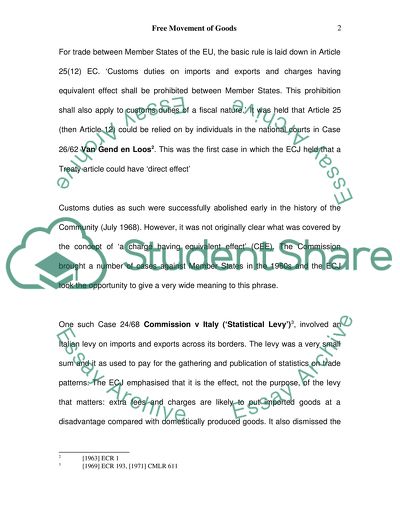Cite this document
(“Free Movement of Goods Essay Example | Topics and Well Written Essays - 2500 words”, n.d.)
Retrieved from https://studentshare.org/law/1509803-free-movement-of-goods
Retrieved from https://studentshare.org/law/1509803-free-movement-of-goods
(Free Movement of Goods Essay Example | Topics and Well Written Essays - 2500 Words)
https://studentshare.org/law/1509803-free-movement-of-goods.
https://studentshare.org/law/1509803-free-movement-of-goods.
“Free Movement of Goods Essay Example | Topics and Well Written Essays - 2500 Words”, n.d. https://studentshare.org/law/1509803-free-movement-of-goods.


